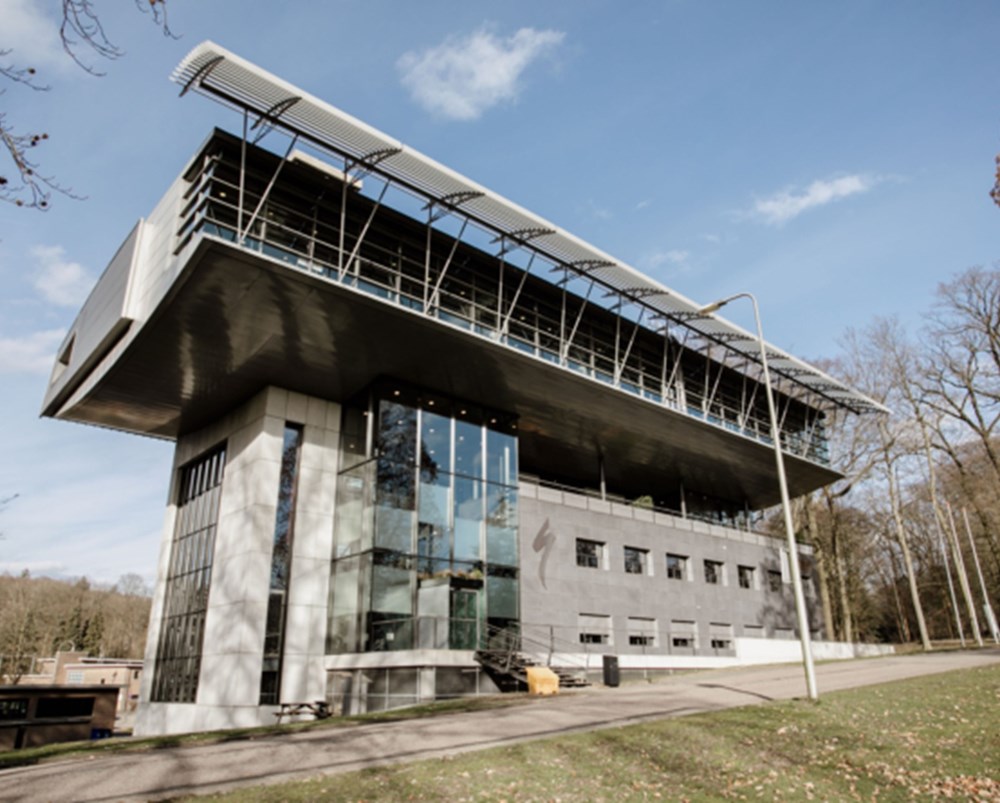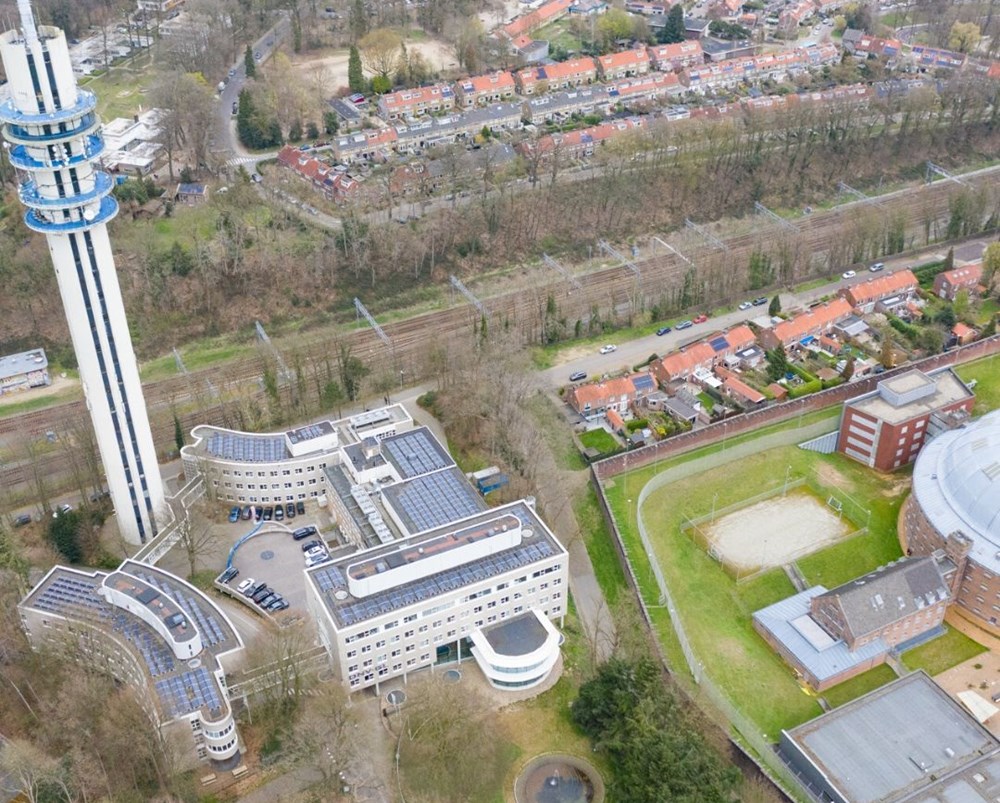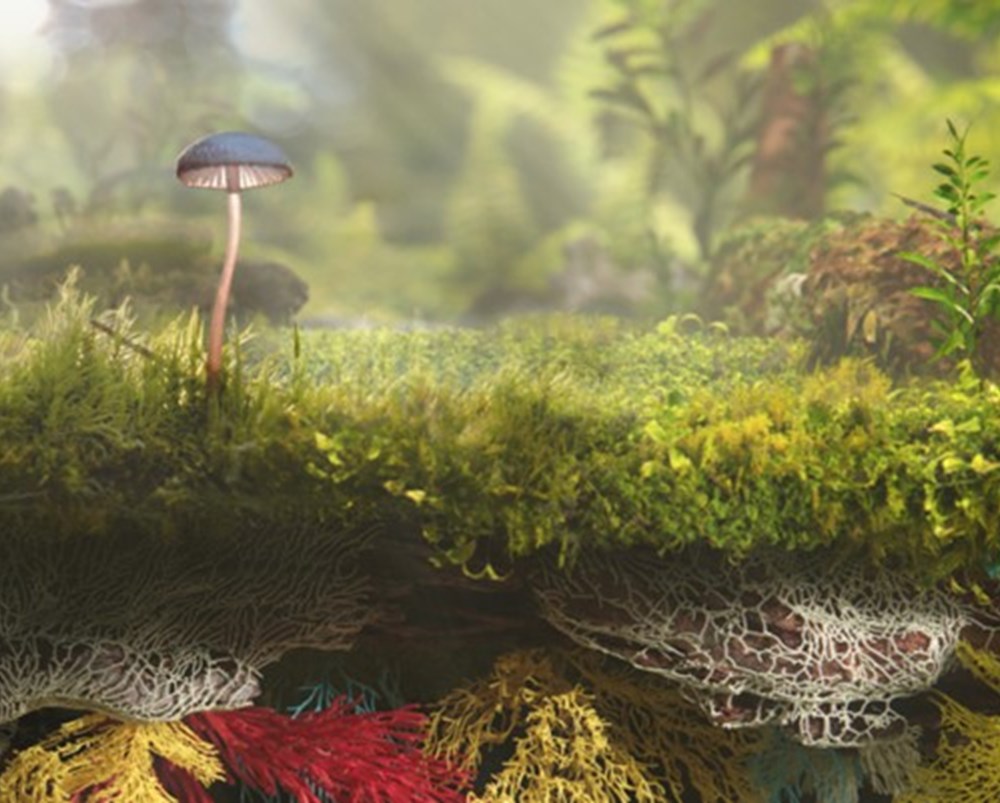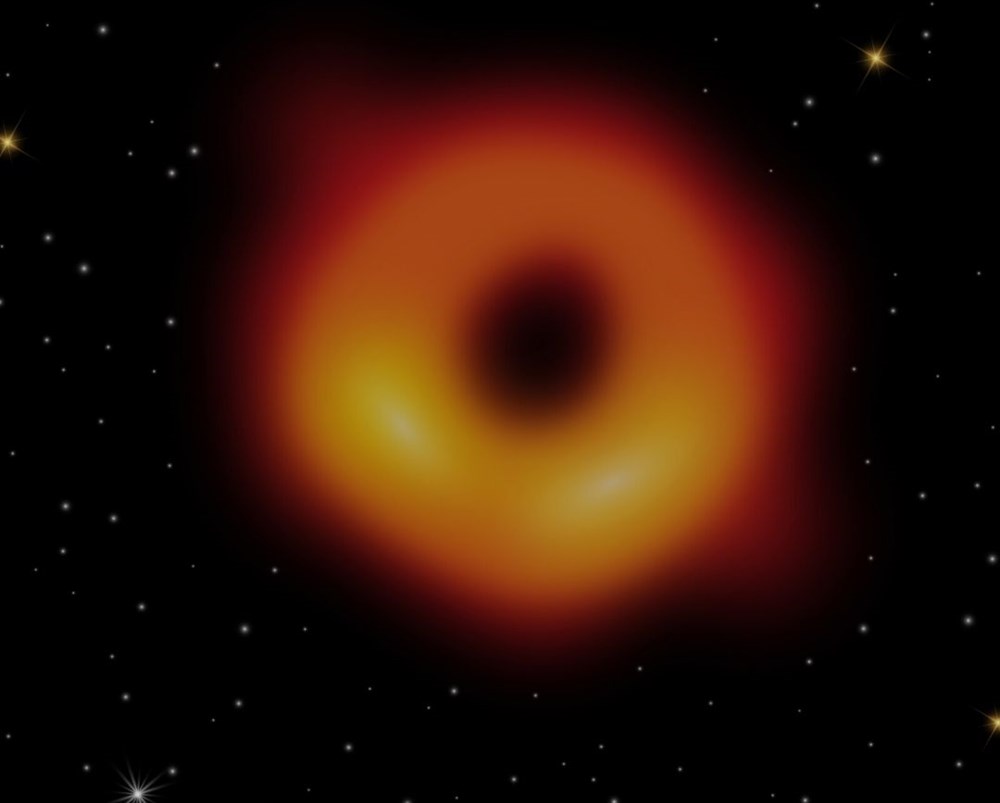
Moving towards the energy transition and circular economy through innovation
The energy transition and the transition into a circular economy are not proceeding as quickly as Luc Kikkert — director of Kiemt — would like. He believes that there's enough thirst for innovation in the sector, however.

New energy
Knowledge network Kiemt and its 230 affiliated partners are aiming to quicken the energy transition and the transition into a circular economy, mainly through innovation.
Innovative period
Kikkert believes that innovation is required for the sake of our planet. "We are in the middle of a transition period, and it requires new solutions. You create those by being innovative, by taking an existing idea and executing it differently." He believes the sector is really good at that. "This is an innovative period in which we are transitioning from natural gas and electricity that's generated from gas and coal towards (among others) solar, wind and geothermal energy, biogas and LNG. The storage issue is also being met with solutions from inside the industry, such as batteries that are based on sea salt and hydrogen bromide. You can definitely say that we have an innovative sector. Everyone who's working on the energy transition, is aware of the necessity for innovation."
But when he looks at national policies, Kikkert feels that there's still quite a way to go. "The Netherlands doesn't have innovative policies. If we were to stimulate innovation in the way Germany does, a lot more could happen, and we could take a real international lead. I don't believe that the government is supporting innovation sufficiently. That leaves us dependent on what's developed in our universities and businesses. There are some means, but they are hard to obtain. We would like there to be increased funding for the first phase of innovation. Laws and regulations can also really get in the way. The legislation was designed for the old world, not a world in transition. Society itself is not always collaborating either. Even just erecting a wind turbine can be very difficult. This isn't helping if we want to save the climate."
You can definitely say that we have an innovative sector. Everyone who's working on the energy transition, is aware of the necessity for innovation.

Look further
Seeking connections within the region seems the obvious thing to do. "Collaboration should occur at all levels. Cooperate with your neighbour, but don't shy away from looking a bit further. With Kiemt, we're doing a lot in the municipality of Arnhem, as well as in other regions in Gelderland, Overijssel and the rest of the country; however, we are also active in North Rhine-Westphalia, collaborating with a French energy cluster an are networking in Switzerland and the Baltic states. Together we are facing a huge problem and it needs to be tackled from multiple angles."
Kikkert is careful about any predictions for the future. "Our country is absolutely not the best in class when it comes to energy. On the contrary: we are moving too slow. The advantage, however, is that we should be able to take quick steps compared to others. Kikkert believes that there's enough thirst for innovation among the companies and knowledge institutes. They are definitely willing."







